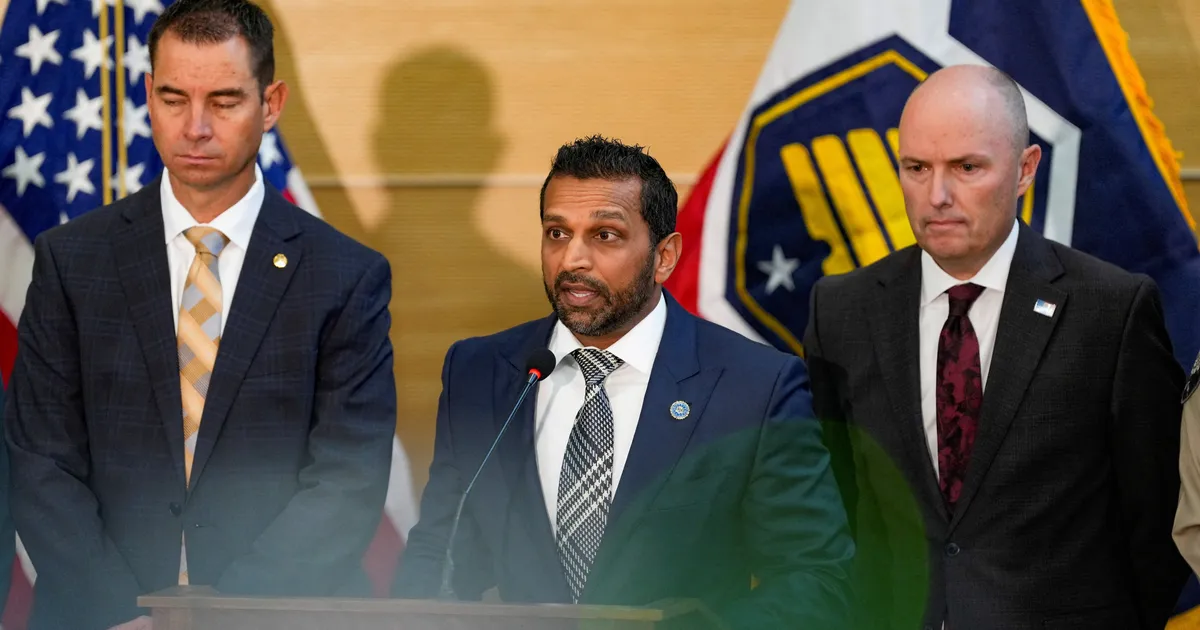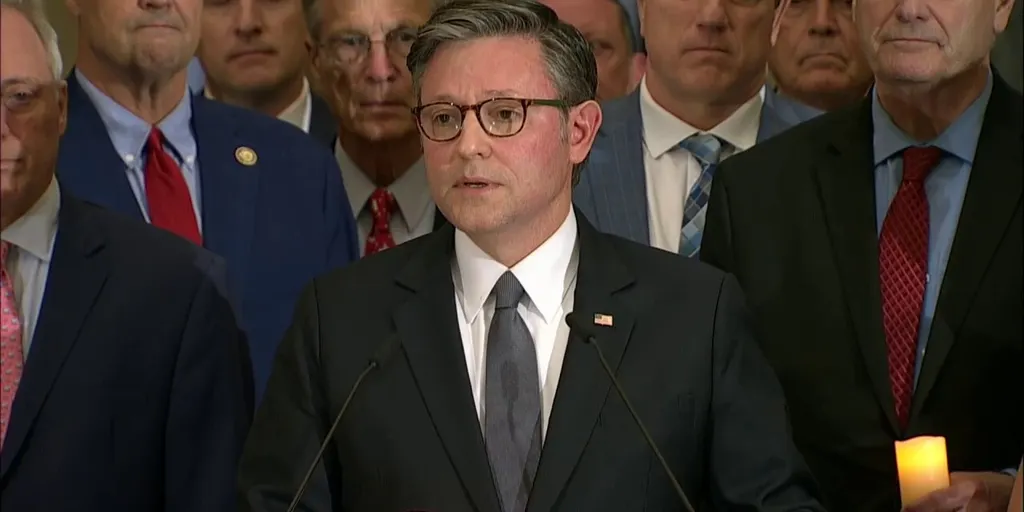
Normally ignored, historically ho-hum judicial retention elections are turning into political catnip. They’re drawing money, attention and buzz about their potential long-term impact on state and national politics.
More than that. For the first time ever, these routine, under the radar statewide races seem ready to emerge as white-hot partisan wars.
Three state Supreme Court justices, all Democrats on the 5-2 Democratic-controlled top court (yeah, I know, courts are supposed to be apolitical but let’s deal with reality here), face voters Nov. 4 in “yes/no” elections to see if they get 10 more years — or, well, the hook.
They have no opponent on the ballot. Their party isn’t listed by their name. But very soon, through mailings, social media and TV ads, they’ll either be “radical leftist judges” or the only way to “keep the Supreme Court independent.”
Their supporters say efforts to oust them amount to a power grab by the right. Their opponents say it’s time to term-limit a “woke” court.
All this is very new. Normally, everybody gets retained. Voters don’t know state judges, or reasons to get rid of them. Only one Supreme Court justice ever, Philadelphia’s Russell Nigro, was not retained.
And that was 20 years ago just after the Legislature’s late-night pay raise for lawmakers and judges, which triggered a vote-`em-all-out tizzy. And after reports of Nigro’s expenses, including $1,280 in one week for restaurant meals. (Nearly $2,000 in today’s dollars.) He said he ate out a lot because he wasn’t married. He said he charged taxpayers because he was on “court-related business.” And voters said “no.” Just because.
This year, there’s no pay raise scandal, no reported excess of judicial expenses. But there is friction. Republicans have been in a red-eared rage since the high court gave us new congressional districts in 2018. After that, our U.S. House delegation went from 13 Republicans/5 Democrats to 9 Republicans/ 9 Democrats. Today, it’s 10 Republicans/7 Democrats. (The state lost a House seat after the 2020 Census.) There were also court actions seen as favoring Democrats on school funding, abortion, election law, mail-in ballots, COVID issues and more.
Plus, who wouldn’t want a shot at control of the top court in a critical state headed into a presidential election cycle?
So, the three facing voters – Justices Christine Donohoe, Kevin Dougherty, David Wecht – are at the center of attention from powers on the left and right in a retention election like none we’ve ever seen.
Western Pennsylvania Democratic consultant Mike Mikus: says “yes” prevails because, “There’s just not a compelling reason to remove people from the bench…and Donald Trump’s not on the ballot.”
Philly Democratic advisor Larry Ceisler says “the specter of Trump” and his efforts to control courts should help retain the Democrats.
Matt Brouillette, head of Commonwealth Partners, which is spending to oppose retention, says term limits on courts are good, adding, “We don’t need justices who wear blue jerseys under their black robes.”
And GOP consultant Christopher Nicholas says, of the justices, “They had their 10 years…folks don’t need a reason (to vote `no’).”
Other factors? All three justices are recommended for retention by the Pennsylvania Bar Association. Republican registration gains have narrowed what was a wide Democratic advantage to nearly nothing.
And any justice not retained can be replaced by Gov. Shapiro, with Senate confirmation, to serve until the next judicial election in 2027.
The “yes/no” outcome depends on the extent and impact of spending on both sides. And, as always, on voter turnout. No doubt winners will claim the results a bellwether.
There’s never been a well-funded, organized “no” campaign against Pennsylvania statewide judges. But if this one succeeds it’s a good bet more will follow. And that could make retention elections (and our judiciary) very different and more political in the years ahead.
John Baer may be reached at baer.columnist@gmail.com



